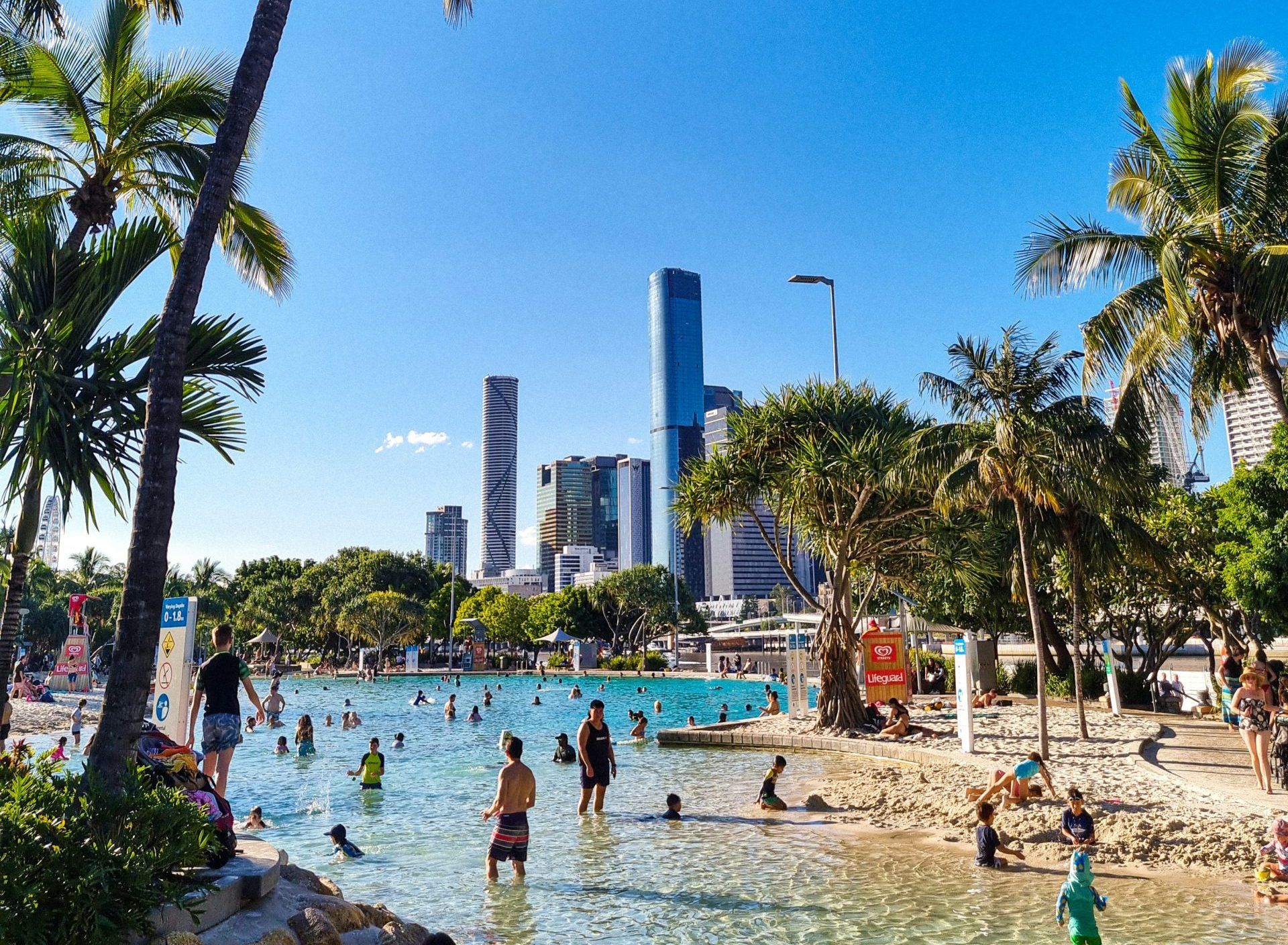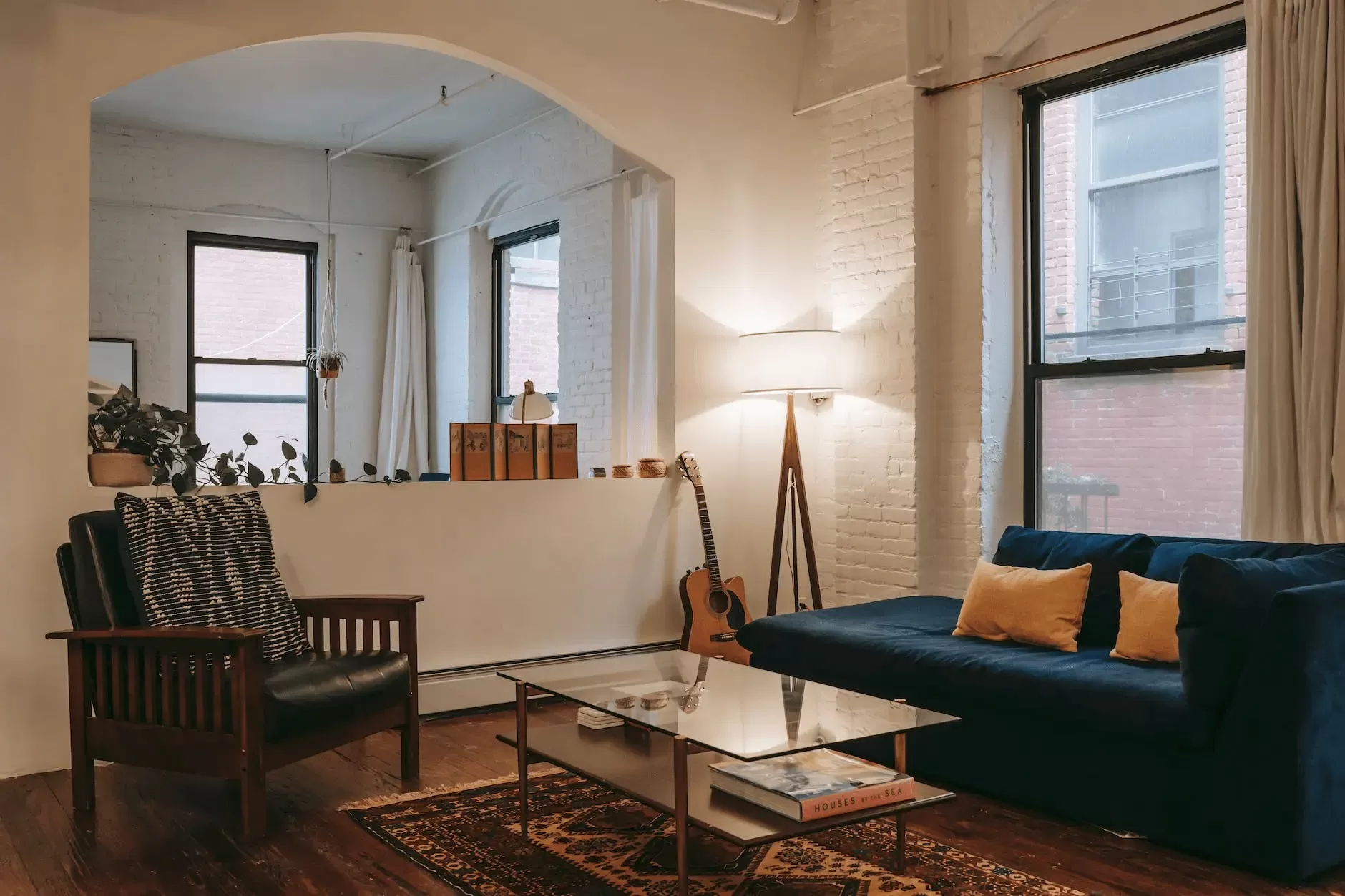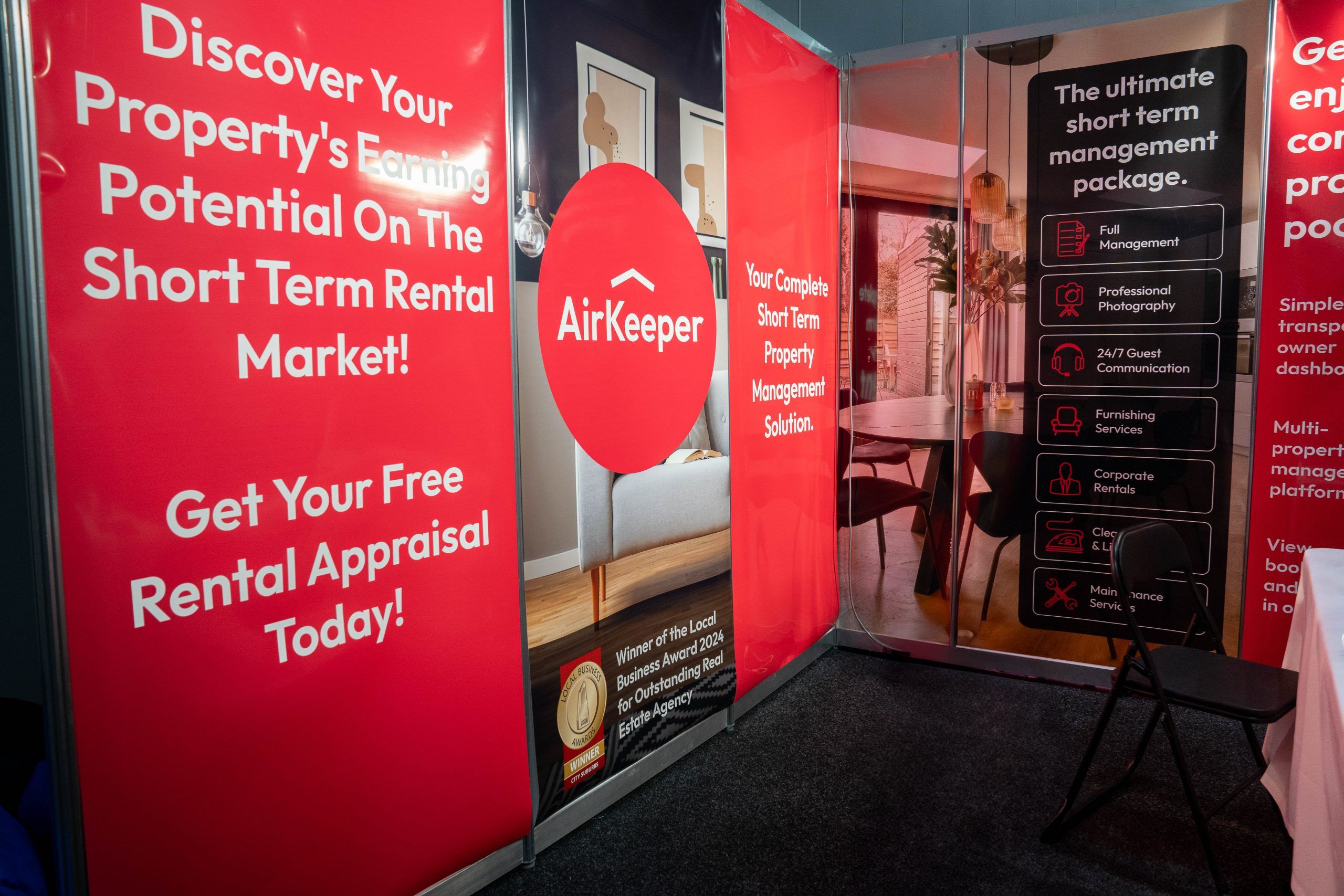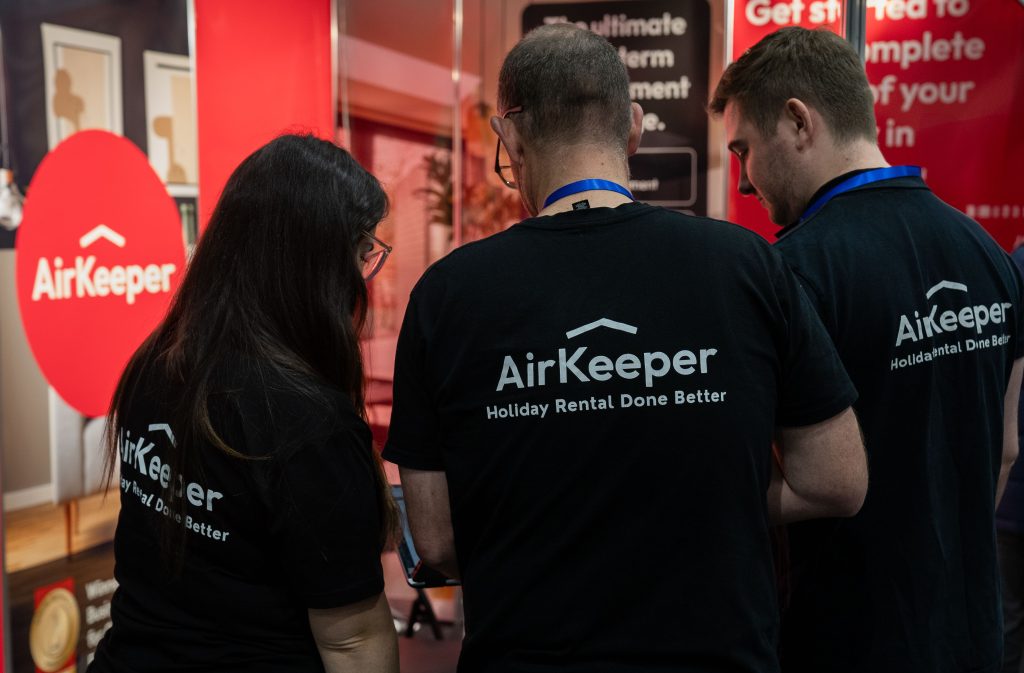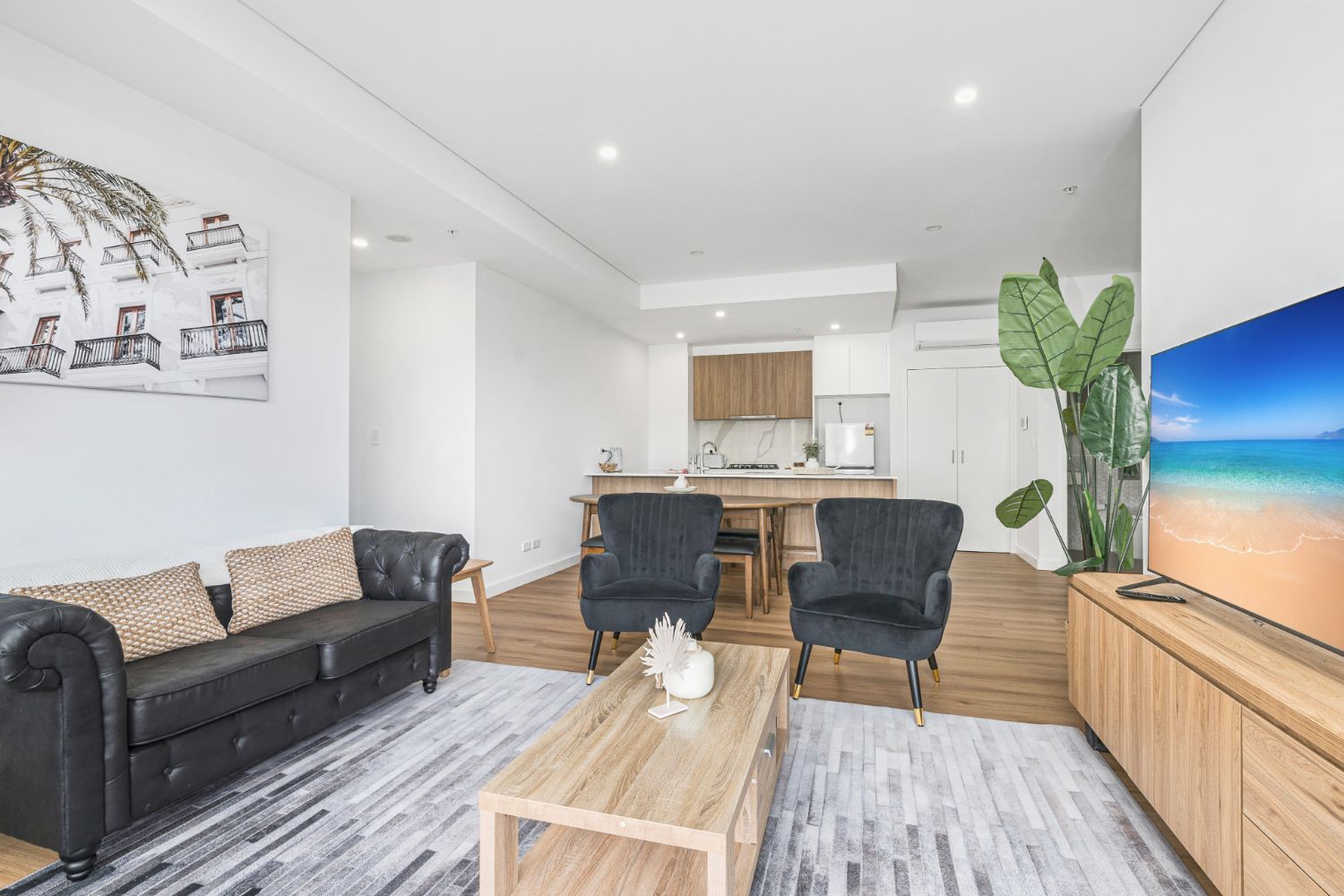Purchasing a Property for Short-Term Rental? Here’s Where you Should Look
Investing in properties for short-term rentals is becoming increasingly popular, thanks to online platforms like Airbnb making it easier to reach potential guests. Selecting the right location is crucial for maximising returns on investment, as it affects both occupancy rates and rental income.
In Australia, diverse options range from bustling inner-city hubs to serene rural retreats, each offering unique advantages. This guide explores some of the top locations across different destination types, helping you make an informed decision on where to buy your next investment property.
Inner City Destinations
Sydney, NSW
Sydney, one of Australia’s most iconic cities, offers high tourist demand and strong rental yields for short-term rental properties.
Key suburbs such as Bondi, Manly, and Surry Hills are particularly attractive due to their proximity to cultural attractions, business hubs, and year-round events. Bondi Beach is famous for its surf culture and vibrant atmosphere, making it a magnet for tourists. Manly offers a relaxed beachside vibe with easy access to the CBD via ferry, while Surry Hills is known for its trendy cafes, restaurants, and nightlife.
These factors combine to ensure a steady stream of guests, providing excellent rental income potential. Take a closer look at some of our Case Studies in Sydney.
Melbourne, VIC
Melbourne, a cultural hub renowned for its arts scene and sporting events, boasts consistent occupancy rates for short-term rentals.
Key suburbs like St Kilda, Southbank, and Fitzroy are highly sought after. St Kilda, with its beachside location and lively entertainment options, attracts both tourists and locals. Southbank, located along the Yarra River, offers stunning city views and is home to major cultural institutions like the Melbourne Arts Centre. Fitzroy is known for its eclectic mix of galleries, cafes, and boutiques, appealing to a diverse range of visitors.
These areas provide excellent opportunities for property investors looking to benefit from Melbourne’s vibrant cultural landscape. We’ve compiled a few examples of our properties in Melbourne on our Case Studies page.
Brisbane, QLD
Brisbane is emerging as a top destination for short-term rentals, thanks to its growing tourism sector and subtropical climate.
Key suburbs such as New Farm, South Brisbane, and Fortitude Valley offer unique attractions. New Farm is known for its green spaces and riverside views, making it ideal for families and leisure travellers. South Brisbane, with its cultural precincts and proximity to the CBD, attracts a mix of tourists and business travellers. Fortitude Valley is Brisbane’s entertainment hub, drawing visitors with its vibrant nightlife and dining scene.
These suburbs promise high rental yields and steady demand, making Brisbane a promising investment location.
Click here to take a look at a few Case Studies for some of our Brisbane properties.
Beach Getaways
Gold Coast, QLD
The Gold Coast is a premier holiday destination known for its beautiful beaches, high rental income potential, and vibrant tourist scene.
Key suburbs such as Surfers Paradise, Broadbeach, and Burleigh Heads are particularly appealing. Surfers Paradise, with its iconic skyline and bustling nightlife, attracts a diverse crowd year-round. Broadbeach offers a more relaxed atmosphere with upscale dining, shopping, and entertainment options. Burleigh Heads is celebrated for its stunning beaches and laid-back surf culture, drawing families and outdoor enthusiasts.
The consistent flow of tourists to these areas ensures strong occupancy rates and attractive rental returns for property investors.
Take a look at some Case Studies for a few of our Gold Coast properties here.
Rural Retreats
Hunter Valley, NSW
Hunter Valley, an emerging market for short-term rentals, offers a unique appeal to tourists with its renowned wine regions, gourmet food, and scenic landscapes.
Key suburbs such as Pokolbin, Cessnock, and Lovedale are particularly attractive for investment. Pokolbin is at the heart of wine country, home to numerous vineyards and luxury accommodations. Cessnock, with its historic charm and proximity to major attractions, provides a steady flow of visitors year-round. Lovedale offers a quieter, more intimate experience, perfect for couples and small groups seeking a retreat.
These areas’ distinct appeal ensures a consistent demand for short-term rentals, making Hunter Valley a promising investment choice.
We’ve compiled Case Studies for some of our Hunter Valley properties here.
Blue Mountains, NSW
The Blue Mountains are a popular destination for weekend getaways, known for their stunning mountain scenery, hiking trails, and historic charm.
Key suburbs like Katoomba, Leura, and Blackheath attract tourists seeking natural beauty and outdoor adventures. Katoomba, famous for the Three Sisters rock formation and scenic railway, draws visitors from around the world. Leura, with its boutique shops and gardens, offers a charming village atmosphere. Blackheath is a gateway to numerous bushwalking tracks and panoramic views, appealing to nature enthusiasts.
These areas maintain consistent demand for short stays, providing excellent opportunities for property investors looking to capitalise on the region’s enduring popularity.
Click here to review Case Studies for some of our properties located in the Blue Mountains.
Why Choose AirKeeper for Short-Term Rental Management?
AirKeeper offers expert pricing strategies to optimise rental rates based on market trends and seasonal demands, ensuring maximum income for property owners. Our 24/7 guest communication service handles all interactions, providing a seamless experience for guests. Professional cleaning and maintenance services keep properties in top condition, attracting positive reviews and repeat bookings. With our expertise, properties achieve higher occupancy rates and increased booking rates.
Investing in the locations reviewed above offers excellent potential for high rental yield and occupancy. Partnering with AirKeeper ensures expert management, maximising your returns and providing a hassle-free experience.
Book an obligation-free call with us today to discover how you can optimise your rental income with professional property management services.
